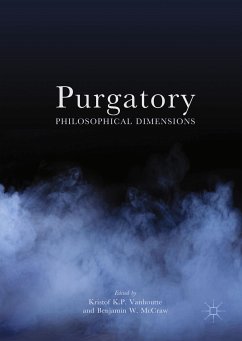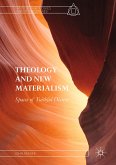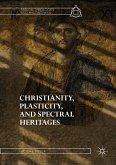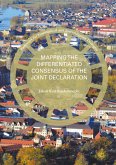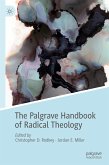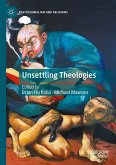Dieser Download kann aus rechtlichen Gründen nur mit Rechnungsadresse in A, B, BG, CY, CZ, D, DK, EW, E, FIN, F, GR, HR, H, IRL, I, LT, L, LR, M, NL, PL, P, R, S, SLO, SK ausgeliefert werden.
"This is a collection of sixteen exciting essays on the notion of Purgatory, not a from historical or cultural but philosophical point of view, unlike the other essays published on the subject in the last years." (Andreea-Maria Lemnaru, Metapsychology Online Reviews, Vol. 23 (28), 2019)
"Vanhoutte and McCraw have brought together 16 original essays on the topic of purgatory. ... There are not many books devoted solely to the philosophical dimension of purgatory, so this volume is welcome. Summing Up: Recommended. Graduate students, researchers, faculty." (A. Jaeger, Choice, Vol. 55 (9), May, 2018)

